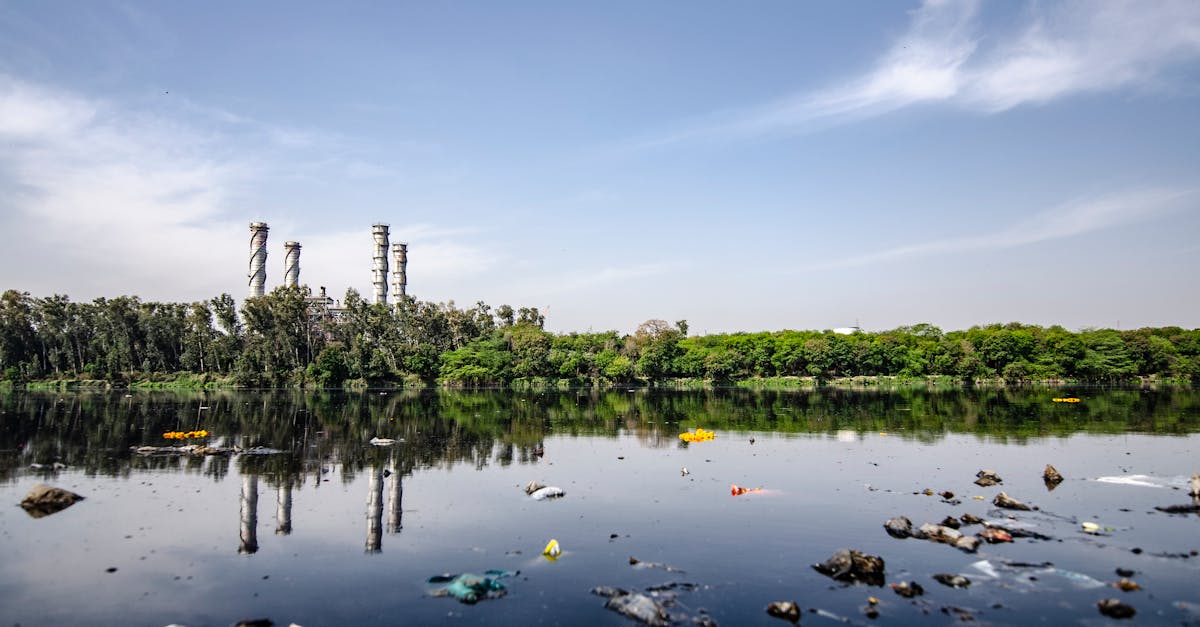Published on:
6 min read
Revolutionizing Waste Management: Innovative Solutions for a Cleaner Future
As the world grapples with increasing waste production and limited landfill space, innovative waste management solutions have emerged. This post explores cutting-edge technologies and strategies that are paving the way for sustainable, efficient waste disposal and recycling practices.

Smart Waste Management Technologies
The integration of smart technologies is transforming waste management processes. IoT sensors in trash bins can monitor waste levels in real-time, optimizing collection schedules and reducing unnecessary trips. This not only cuts costs for municipal services but also minimizes carbon emissions from collection vehicles. Moreover, machine learning algorithms can analyze data to predict waste production patterns, helping cities plan better for future waste challenges. These innovations are not only making waste collection more efficient but are also encouraging residents to participate in sustainable practices by providing feedback on their waste habits.
Recycling Revolution: Closing the Loop
The circular economy model is gaining traction as a viable solution for waste management. Companies are now focusing on designing products that are recyclable or reusable, effectively closing the loop. This shift impacts various sectors, from fashion to electronics, as brands strive to minimize their environmental footprint. Additionally, innovative recycling initiatives, such as community-based recycling hubs, empower individuals to participate in recycling at a grassroots level. These initiatives often include workshops and education on how to recycle correctly, fostering community engagement and awareness around waste management. Transitioning to a circular economy not only reduces waste but also creates new business opportunities in recycling and upcycling.
Composting: A Sustainable Approach
Composting is an effective and natural waste management solution that transforms organic waste into valuable compost. With a growing trend toward sustainability, individuals and communities are increasingly adopting composting practices. By composting kitchen scraps and yard waste, households can significantly reduce the amount of rubbish sent to landfills. Additionally, compost enriches soil, promotes plant growth, and reduces the need for chemical fertilizers. Modern composting solutions, including compost tumblers and indoor vermicomposting, make the process accessible and convenient for urban dwellers. Together, these methods contribute to creating a sustainable ecosystem that benefits both people and the planet.
Conclusion: A Collective Effort for a Cleaner Future
Innovative waste management solutions are essential for creating a cleaner, more sustainable future. By embracing smart technologies, promoting a circular economy, and adopting composting practices, we can significantly reduce waste and its impact on our environment. As individuals, communities, and businesses work together, we can achieve meaningful progress toward a more sustainable world.
Published on .
Share now!










